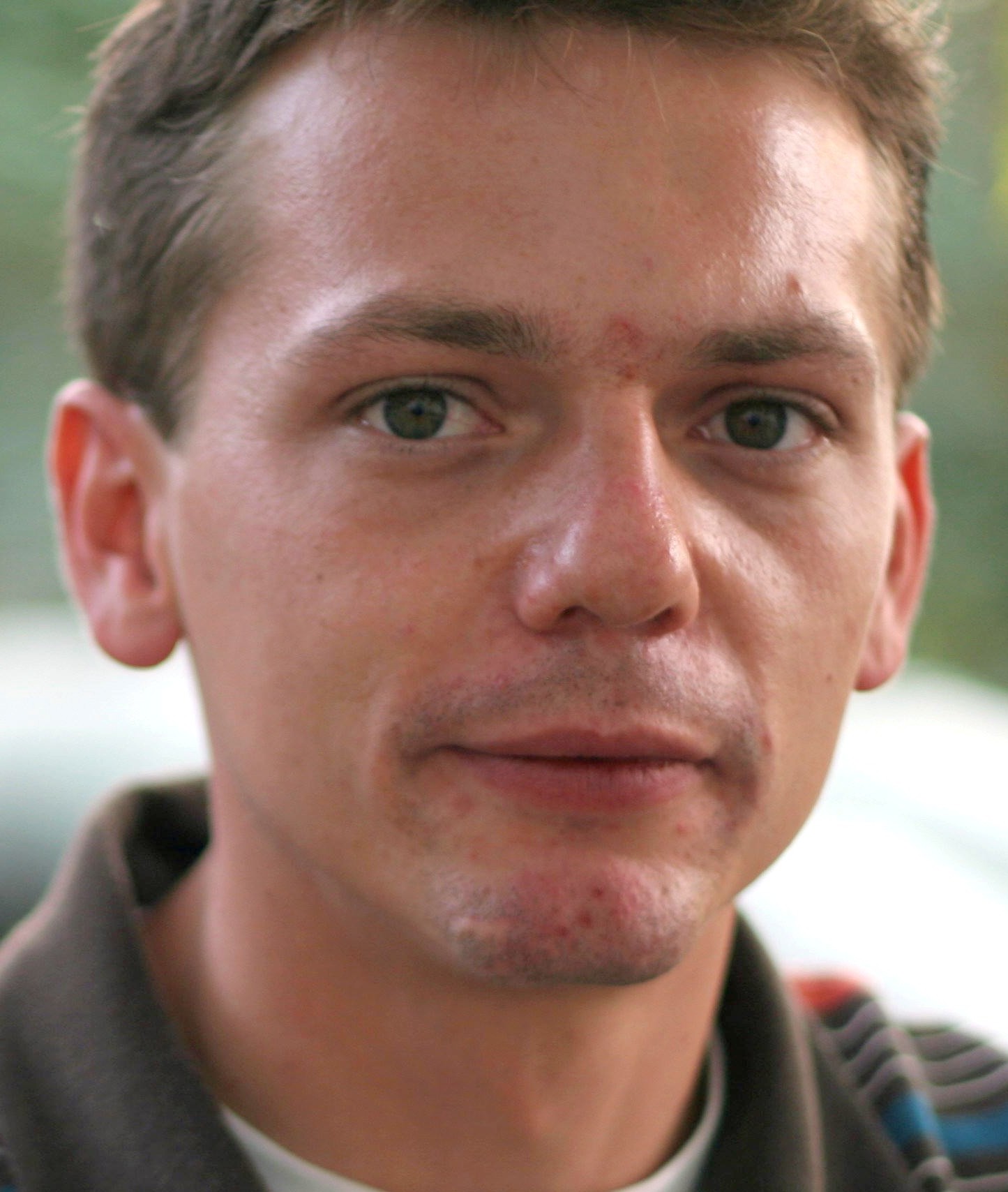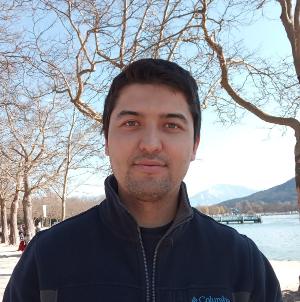DECIDE - Decision-Making In a Digital Environment
Digitalization describes the transformation of processes brought about by media, new methods, and further digital technologies in both our private and our professional lives. Interactions among humans, for example, are moving away from analog to digital technologies. Digitalization, however, also has further effects on interactions as it not only changes the way humans interact with each other but also enables and fosters interactions between humans and digital technologies. It can be assumed that these developments affect human decision-making behavior in a multiplicity of ways. Related questions are, for example:
- How do we let automated recommendations guide us when making purchasing decisions?
- What factors drive the spread of energy management systems and what contributions can such systems make to improve the quality of life?
- What are the limits of systems such as self-driving vehicles that make autonomous decisions?
- How can the quality of decisions be secured or even increased under the far-reaching influence and with the diverse support of digital technologies?
These and further questions are in the focus of DECIDE which has the objectives to support and foster research on digitalization of research by systematically and comprehensively analyzing the effects of digital technologies on decision-making in both the private and professional context. DECIDE aims at enhancing the quality of research and at exploring new ways of doing research which are enabled by new digital technologies. Findings from this research will not only contribute to a better understanding of digital technologies but will also improve decision-making processes and provide recommendations for use.
For this purpose, DECIDE fosters interdisciplinary collaboration in order to explore and exploit synergies in research. The following research groups are currently participating in DECIDE:
- Department of Management Control and Strategic Management, Faculty of Management and Economics
- Information Systems Research Group, Faculty of Technical Sciences
- Interactive Systems Research Group, Faculty of Technical Sciences
- Smart Grids Research Group, Faculty of Technical Sciences
- Pervasive Computing Research Group, Faculty of Technical Sciences
- Cognitive Psychology Unit, Faculty of Humanities
- Department of Sustainable Energy Management, Faculty of Management and Economics
Faculty

- Spokesperson
- +43 463 2700 4035
- Stephan [dot] Leitner [at] aau [dot] at
- S.0.03

- Dep. spokesperson
- +43 463 2700 3720
- Dietmar [dot] Jannach [at] aau [dot] at
- S.1.59

- +43 463 2700 3649
- Wilfried [dot] Elmenreich [at] aau [dot] at
- B10.2.016

- +43 463 2700 1629
- Bartosz [dot] Gula [at] aau [dot] at
- N.2.31

- +43 463 2700 4085
- nina [dot] hampl [at] aau [dot] at
- S.2.45

- +43 463 2700 3522
- Gerhard [dot] Leitner [at] aau [dot] at
- S.2.72

- +43 463 2700 4033
- Gernot [dot] Moedritscher [at] aau [dot] at
- S.0.13

- +43 463 2700 4032
- Alexandra [dot] Rausch [at] aau [dot] at
- S.0.10

- +43 463 2700 3671
- Bernhard [dot] Rinner [at] aau [dot] at
- Z.1.06a
PhD students
DECIDE currently employs 8 international PhD students who work on the following interdisciplinary projects:

Project: Dynamic capabilities and coalition formation in the digital age
In our day to day lives, we sometimes face tasks that, because of their complexity, cannot be solved by our means alone. These also include new problems and challenges introduced by the spread of digitalization and technological change. Individuals tend to form coalitions, even autonomously, in order to be able to solve these complex problems. While traditional research on coalition formation has mainly focused on the stability of coalitions, the existence of dynamic capabilities suggests that adapting the composition of coalitions to the environment over time could be beneficial for task performance. The use of agent-based simulations allows us to better understand these issues, and improve the way we can conduct research on coalition formation and decision-making.

Project: Applications of Load Disaggregation in Smart Homes
The increasing energy demand and climate change require us to switch to a smarter energy grid. To achieve this, we need the respective tools and energy services. In the residential sector, energy consumption feedback based on load disaggregation is a promising technology. Load disaggregation, also known as Non-intrusive Load Monitoring (NILM), is a cutting-edge technique to identify appliances’ consumption using only the total power consumption of the household. This way, we avoid installing smart meters for every single device while still getting consumption information at the device level. Our goal is to develop and implement this technology and to assess the effect of this approach on human decision-making through two services: an energy management system and daily activities monitoring for the elderly. To achieve this, a major focus of our work is on improving deep learning approaches for load disaggregation and identifying variables influencing the acceptance and engagement of customers with energy services.

Project: Identifying cognitive processes in human decision-making in a digital environment
Cognitive modelling combines both, elements of artificial intelligence systems and cognitive psychology, and was developed to identify underlying concepts of information processing. One of the main goals of the current project is to enhance the predictive and descriptive power of cognitive models. Cognitive modelling is a suitable approach for capturing and predicting decisions in different contexts, such as decisions related to buying online products, choosing a movie on a streaming service platform or selecting a cooking recipe from a variety of different recipes provided by, for instance, a cooking app. Utilizing advanced measurement methods such as precise reaction times or eye tracking in a digital environment will help to improve fundamental research on human decision-making.

Project: Investigating the longitudinal effects of different strategies in multistakeholder recommendation scenarios with agent-based simulation
This project focuses on recommender systems with a particular emphasis on investigating the longitudinal interactions between the different stakeholders of such systems, i.e., users and recommendation service providers. Users are generally interested to receive recommendations that match their needs and interests. Recommendation providers, on the other hand, strive to sustain a business by providing recommendations that are both helpful for users and at the same time serve the organization’s goals. This work employs agent-based modelling to simulate longitudinal dynamics of recommendation systems. Understanding these dynamics shall help to build future recommender systems that are effective in the long term and support the decision-making processes of recommendation service providers.

Project: Using belief systems to control individual behavior in organizations
The rapid advance of technology has been making many routine jobs obsolete. As a consequence, jobs that require creativity and innovativeness have been taking over the job market. For this reason, one of the most important challenges facing managers today is controlling employees’ alignment with organizational goals without restricting their initiative. Fortunately, the digital transformation trend has made it possible to study the decision-making process of workers in greater depth than was ever possible. Moreover, it allows organizations to communicate their vision and values to the employees more effectively. We perform agent-based simulation studies to understand the behavior of workers in an organizational environment, their interactions, and the effect of organizational endeavors to utilize belief systems in management control.

Project: Digital Nudging with Recommender Systems
Modern recommendation systems are decision support systems, which we can find on a variety of websites (e.g., Amazon, Spotify or YouTube). These systems aim to provide users with suitable recommendations based on their needs. This means that recommender systems influence the human behavior in decision-making. The effects that drive this change in behavior can be explained based on insights from different scientific fields (e.g. psychology or human-computer interaction). Thaler and Sunstein explained these effects based on concepts called heuristics and biases, which can be related to the notions of persuasion and nudging. Nudging has been widely studied in traditional decision-making situations but has only received modest attention in digital environments. The goals for this project are to understand to what extent recommender systems already make use of persuasive effects (nudges) and to measure the persuasive effects of nudging in recommender systems through user studies.

Project: Self-aware decision making in multi-robot systems
Robotic systems are able to make decisions and potentially take actions without direct human intervention, which requires some knowledge about the system and its environment as well as goal-oriented reasoning. Self-awareness is a broad concept borrowed from cognitive science and psychology that describes the property of a system, which has knowledge of “itself,” based on its own senses and internal models. This knowledge may take different forms, is based on perceptions of both internal and external phenomena, and is essential for being able to anticipate and adapt to unknown situations. This project investigates self-awareness in a computational context for decision making in multi-robot systems, in particular how robots individually adapt their behavior to unknown situations while still maintaining the group behavior. This decision making principle will be implemented in a swarm of drones that fly in a particular formation. The project aims to improve efficiency and robustness of multi-robot systems.
Contact
Quicklinks

Informationen für
Adresse
Universitätsstraße 65-67
9020 Klagenfurt am Wörthersee
Austria
+43 463 2700
uni [at] aau [dot] at
www.aau.at
Campus Plan












